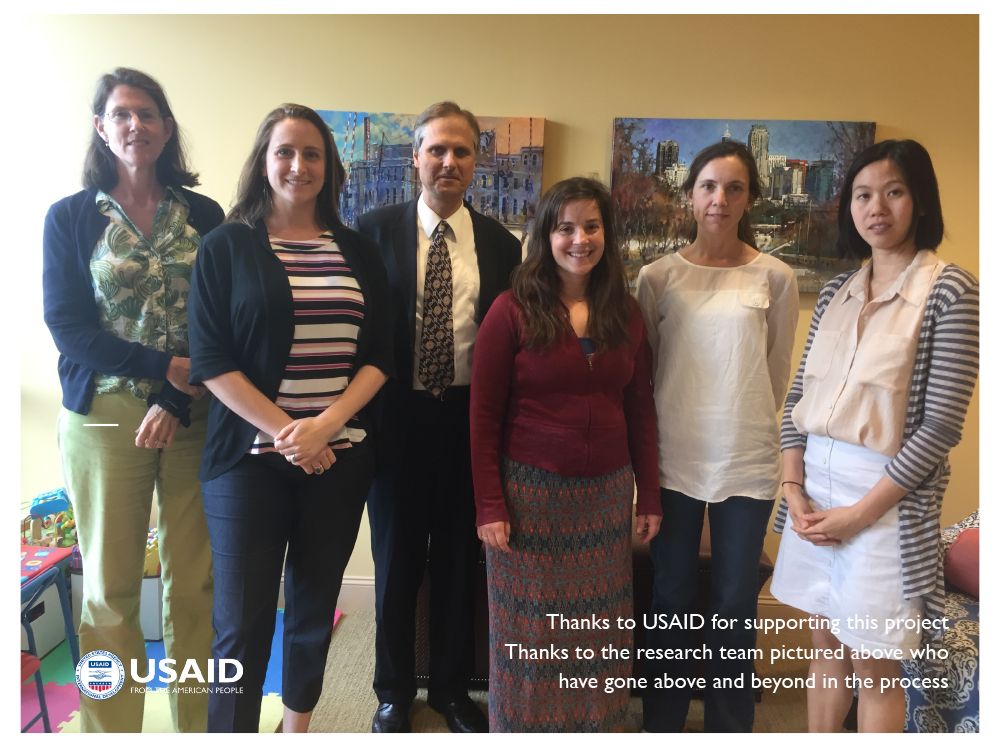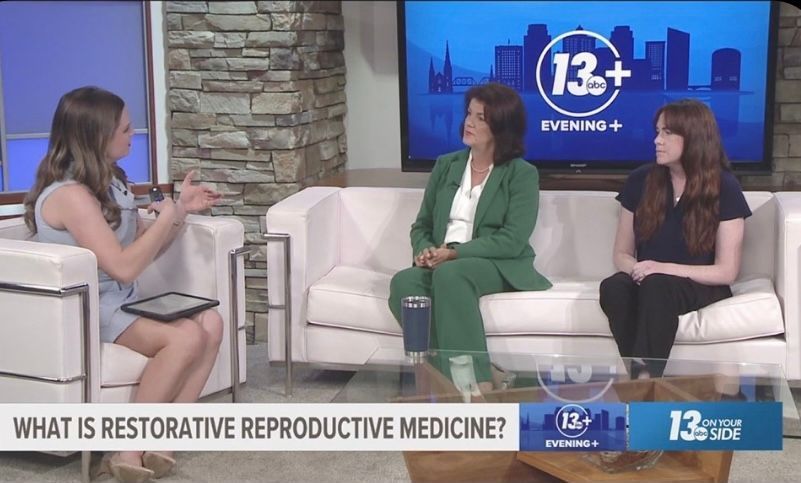How Effective Are Fertility Awareness-based Methods (“fabms”) For Preventing Pregnancy?
August 15, 2018

The most comprehensive look to date at this question has just been published in Obstetrics & Gynecology, the official publication of the American College of Obstetricians and Gynecologists. Dr. Rachel Urrutia, Assistant Professor in the Department of Obstetrics and Gynecology at UNC Chapel Hill and a clinician at Reply Ob/Gyn & Fertility, is lead author of the landmark study, “Effectiveness of Fertility Awareness-Based Methods for Pregnancy Prevention: A Systematic Review” (click here to download a PDF of the full study).

Key Findings Of The Systematic Review Include:
- Twelve methods were identified as having at least moderate quality scientific support in the peer-reviewed literature. They are the Standard Days Method, the Two-Day Method, the Billings Ovulation Method, Marquette Mucus Method, Marquette Monitor-based, a French Symptothermal Method, Sensiplan, Thyma, Natural Cycles, Bioself, and Persona.
- Pregnancy rates vary among methods. While the U.S. Department of Health and Human Services publishes the single pregnancy rate of 24% for FABMs, the Systematic Review found rates ranging from 2-34% with typical use and from <1-12% with perfect use (pregnancy rates indicate the percentage of women out of 100 using a method who become pregnant in the first year of use).
- Two methods may be more effective than the others. These are the Sensiplan symptothermal method (pregnancy rates were reported at 2-3% with typical use and <1% with perfect use) and the Marquette Monitor-based methods (pregnancy rates 2-7% with typical use and less than 1% with perfect use).
“Women and couples deserve accurate information about the effectiveness of FABMs for their personal use, and researchers and medical professionals need this information in order to counsel patients and conduct further research,” says Dr. Urrutia, a board-certified obstetrician-gynecologist, preventive medicine specialist, and women’s reproductive epidemiologist. “We have only just begun to understand the effectiveness of FABMs, and we hope that high quality research to understand these methods continues as millions of women worldwide currently use FABMs.”
Dr. Urrutia explains that many users of FABMs have not learned a specific method, which further complicates the question of effectiveness. She also cautions that published effectiveness rates cannot be used to definitively compare FABMs to methods of contraception such as the birth control pill, or even to compare one FABM to another: “We recognize that many people will want to directly compare methods. However, it is complicated to do this because there are a relatively small number of studies for each method and the studies were done in very specific populations with very few comparisons between methods. What we can say is that there are several FABMs with effectiveness similar to barrier methods and or oral contraceptive pills in specific populations, and that our findings underscore the need for more work in this area.”

The Systematic Review Research Team from L to R: Margaret Greene, PhD, Chelsea Polis, PhD, Joseph Stanford, MD, MSPH, Rachel Urrutia, MD, Elizabeth Jensen, MPH, PhD and Emily Kennedy, MSc.[/caption]
The Systematic Review was produced over a period of four years by a multidisciplinary team who evaluated the best available prospective data on typical and perfect use effectiveness rates of FABMs for avoiding pregnancy. Dr. Urrutia’s co-authors are Chelsea B. Polis, PhD, Senior Research Scientist at the Guttmacher Institute and Associate Professor in the Department of Epidemiology at the Johns Hopkins Bloomberg School of Public Health; Elizabeth T. Jensen, MPH, PhD, Assistant Professor, Epidemiology & Prevention Office of Women in Medicine & Science at Wake Forest School of Medicine; Margaret E. Greene, PhD, Principal at GreeneWorks LLC; Emily Kennedy, MSc, Fertility Educator and Health Coach at Reply Ob/Gyn & Fertility, PLLC, and Joseph B. Stanford, MD, MSPH at the University of Utah Health Hospitals and Clinics. The study was partially funded by USAID.
Reply Ob/Gyn & Fertility teaches fertility awareness education on-site at its Cary, North Carolina, clinic and to distance learners via video telehealth. Reply fertility educators teach three of the 12 methods identified in the Systematic Review as having at least moderate quality scientific support: Sensiplan™, Marquette Model™, and Billings Ovulation Method®.
For more information about fertility awareness and/or learning a method with Reply, click here. For the full PDF of the study, “Effectiveness of Fertility Awareness-Based Methods for Pregnancy Prevention: A Systematic Review,” click here.











